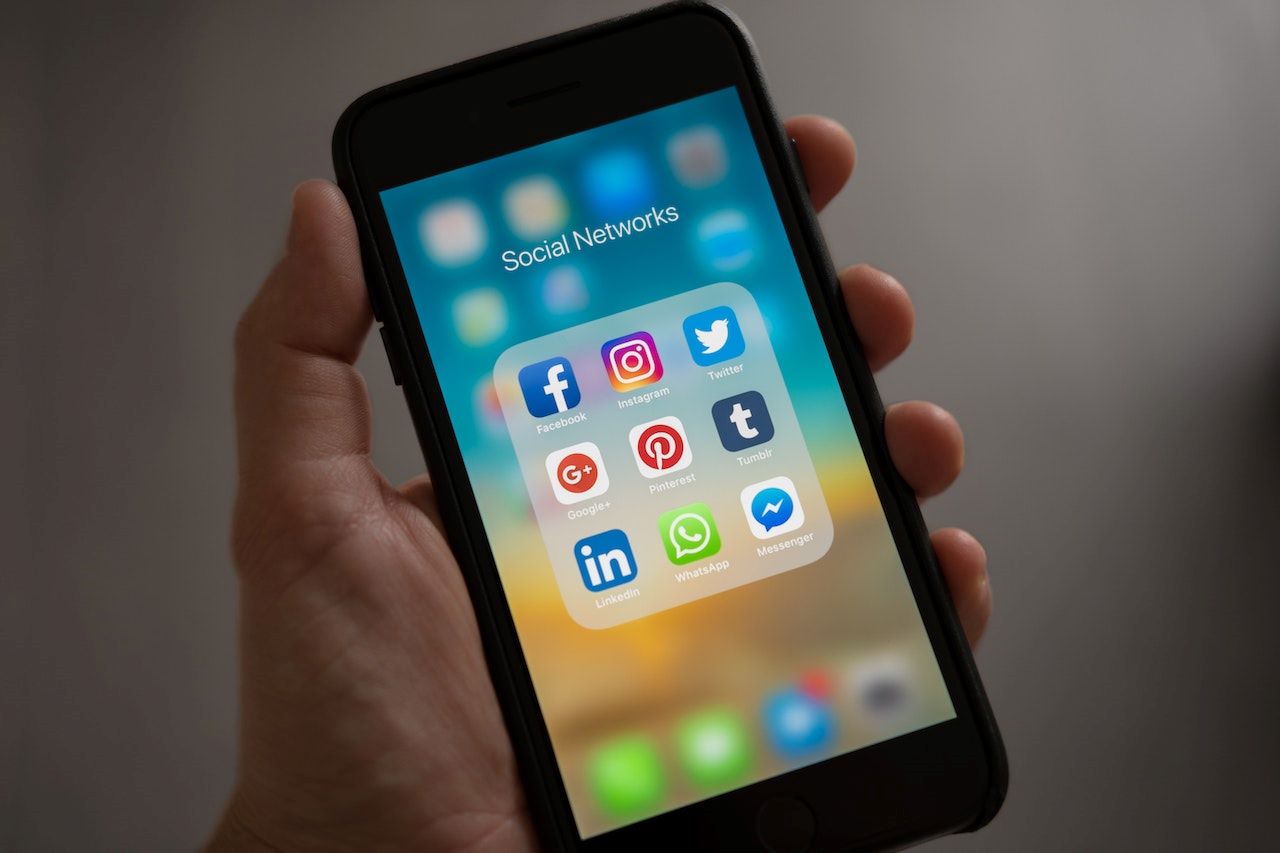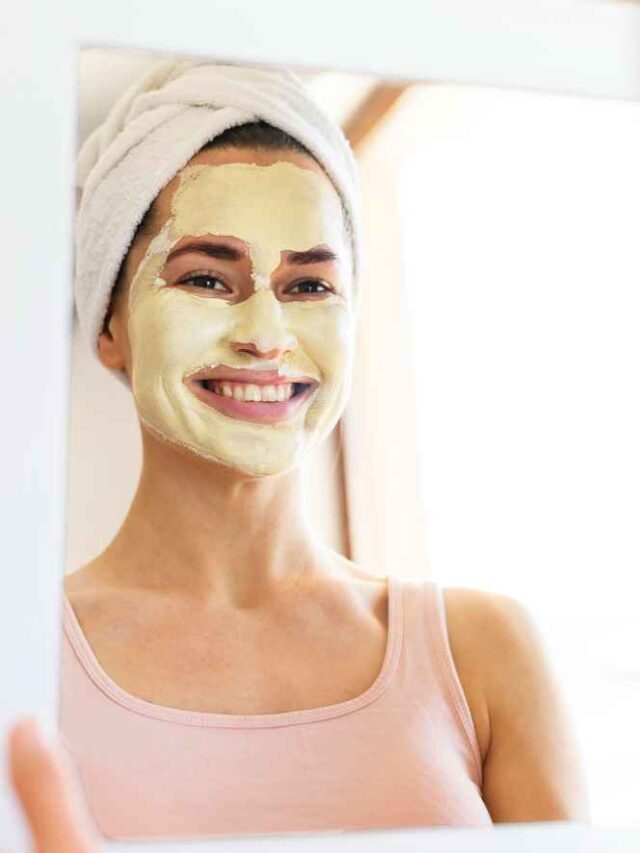Modern technological advancements have led our society into a new era where social media plays a significant role. It provides us with opportunities to connect globally, engage in discussions, and share experiences. However, it also presents us with challenges, one of which is social media addiction. This addiction has shown that people spend excessive time in front of screens, potentially neglecting their real-life relationships and responsibilities. In this blog, we will delve into understanding the effects of social media addiction and explore ways to overcome its allure.

Pare 1 :The Allure of Social Media
A. Instant Gratification and the Flight of Dopamine Social media platforms are designed to provide instant gratification through likes, comments, and shares, which triggers the release of dopamine in our brain, creating a pleasurable experience. This quick reward system keeps users engaged, leading to addictive behavior.
B. The Fear of Missing Out (FOMO) Phenomenon Social media exposes us to the lives of others, fostering the fear of missing out on exciting events and experiences. This fear compels individuals to constantly check their feeds, fearing they might miss something important.
C. Social Validation and Self-esteem The quest for social validation through likes and comments can become an addiction, leading individuals to derive their self-esteem and self-worth from social media interactions. The desire for approval can lead to addictive behaviors to maintain a positive image.
D. Escapism and Dealing with Problems Social media offers an escape from real-life challenges and problems, providing a temporary distraction. As a result, individuals may resort to spending excessive time on social media as a coping mechanism.
Part 2: Identifying Social Media Addiction
A. Spending Excessive Time on Social Media Platforms A clear indicator of social media addiction is spending significant amounts of time scrolling through feeds and engaging in virtual interactions, leading to neglect of other responsibilities.
B. When your started to neglecting relationship, work and daily task its sign of social media addiction. You give more priority to online interactions over real time talk.
C. Anxiety and Restlessness from Staying Away from Social Media Experiencing anxiety, restlessness, or the urge to check social media constantly when trying to stay away from it may signify addiction.
D. Envy and the Problem of Comparisons Social media can fuel envy and comparison as people often showcase their best moments. Constantly comparing oneself to others can lead to dissatisfaction and addictive behavior to seek validation.
Part 3: The Impact of Social Media Addiction on Mental Health
A. Anxiety, Depression, and Loneliness Excessive social media use has been linked to increased anxiety, depression, and feelings of loneliness due to unrealistic comparisons and cyberbullying.
B. Sleep Impairment and Fatigue Late-night scrolling disrupts sleep patterns, leading to sleep impairment and fatigue, affecting overall well-being.
C. Lack of Focus and Productivity Social media addiction can decrease focus and productivity, impacting performance at school or work.
D. Cyberbullying and Online Harassment Addiction to social media increases exposure to cyberbullying and online harassment, leading to psychological distress and emotional challenges.
Part 4: Breaking Free from Social Media Addiction
A. Self-Awareness and Acceptance of the Problem Recognizing the signs of addiction and accepting the need for change is the first step towards overcoming social media addiction.
B. Defining Real Goals and Setting Boundaries Establishing clear goals for social media usage and setting time boundaries can help regain control over its impact on our lives.
C. Practicing Digital Detox and Mindfulness Periodic digital detox and mindfulness practices can help reduce dependence on social media and promote a healthier relationship with technology.
D. Seeking Professional Help and Support In severe cases, seeking professional help, such as therapy or counseling, can provide effective strategies to address social media addiction and its underlying causes.
It is evident that forming a healthy relationship with social media is crucial for our well-being. While social media has its advantages, we need to be vigilant and avoid falling prey to its negative effects. By prioritizing our digital health, engaging in productive online activities, and maintaining a balance between virtual and real-life connections, we can embrace the positive aspects of social media while safeguarding our mental and emotional well-being. Breaking free from social media addiction empowers us to lead fulfilling lives and foster meaningful relationships both online and offline.









